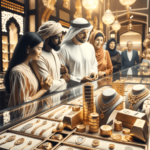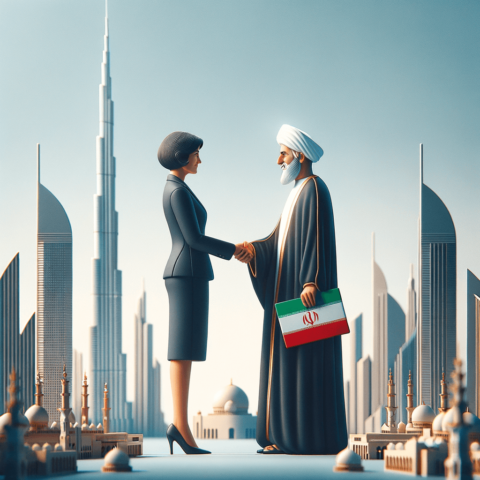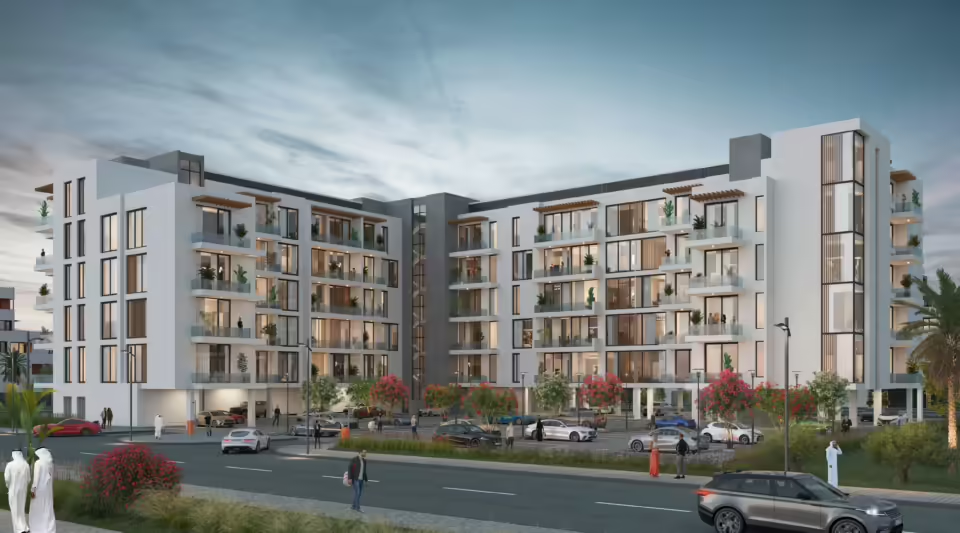
Humanitarian Endeavors and Business Synergies: UAE’s Aid to Gaza
May 19, 2024
Glistening Futures: Exploring Dubai’s Gold Market and Investment Horizons
May 20, 2024In an unprecedented event, a helicopter carrying Dr. Ebrahim Raisi, the Iranian President, and top officials tragically crashed, sparking deep concern and swift actions by the UAE. This article explores the implications of the UAE’s solidarity with Iran, emphasizing the broader context of regional relations.
Immediate Response from the UAE
The immediate response from the UAE following the tragic helicopter crash in Iran was both swift and significant. UAE Ambassador to Iran, Saif Mohamed Al Zaabi, issued an official statement expressing deep condolences and unwavering solidarity with the Iranian people and government. His prompt articulation of support was more than mere formality; it was a clear indication of the UAE’s commitment to regional stability and diplomatic goodwill.
Ambassador Al Zaabi emphasized the UAE’s readiness to assist in search and rescue operations. He pledged logistical support and offered to dispatch specialized teams to aid Iranian emergency services. This gesture was well-received, resonating deeply in Iran, and shedding a light on the interdependence that sustains regional stability.
The UAE’s expedited response, characterized by empathy and tangible support, underscores the critical role that diplomatic ties play in times of crisis. In a region often fraught with tension, this act of solidarity showcased a willingness to transcend political differences for the greater good. It demonstrated not just the UAE’s humanitarian values but also its strategic foresight in fostering cooperative, rather than contentious, regional relations.
Moreover, the UAE’s quick reaction abated potential escalation of anxieties, creating an atmosphere where collaborative efforts could thrive amidst adversity. This immediate response sets a precedent for how nations can work together to overcome crises, fortifying a foundation for sustained regional stability.
Implications for Tourists and Investors
The UAE’s demonstrated leadership and quick humanitarian response to the tragic helicopter crash in Iran, as highlighted in the previous chapter, lends a sense of stability and solidarity crucial for international perceptions. For tourists and business investors, witnessing such unity and rapid mobilization of aid transcends mere diplomatic formalities. It fosters a sense of security and reliability that is paramount when deciding travel destinations or investment opportunities.
For tourists, the swift and efficient coordination between the UAE and Iran projects an image of a region where even in the face of crisis, there is prompt attention and support from neighboring countries. This can ease concerns about safety and reinforce the idea that, despite political complexities, the region remains open and responsive to emergencies. Travelers are likely to feel more confident in visiting nations that are seen as cooperative and committed to regional stability and humanitarian efforts.
For business investors, the UAE’s proactive stance sends a powerful message about the stability and maturity of its government. Investors seek environments where governments can navigate crises efficiently and demonstrate strong diplomatic ties. The UAE’s responsiveness not only reflects on its internal stability but also enhances its reputation as a dependable ally in the region. This could pave the way for increased bilateral investments, as enterprises often look for markets where political stability and strong inter-country relations prevail.
Furthermore, for both stakeholders, continued cooperation and visible support serve as indicators of a region that prioritizes peace and mutual support, encouraging long-term commitments to both tourism and business endeavors. Stability and cooperation are the bedrock for attracting international stakeholders, making the UAE’s leadership during this crisis a beacon of assurance in an otherwise turbulent geopolitical landscape. This enhanced atmosphere of trust and security can lead to increased footfalls in tourism and heightened investor confidence, benefiting both nations economically and socially.
Future of UAE-Iran Relations
The recent demonstration of UAE’s solidarity with Iran during the helicopter crash incident involving Iran’s President could mark a pivotal moment in their bilateral relations. Historically, UAE-Iran relations have fluctuated, influenced by regional rivalries and differing geopolitical stances. With diplomatic efforts gaining momentum in recent years, particularly after the historic 2019 visit of a high-level UAE delegation to Tehran, the groundwork for a new era of cooperation appears promising.
This incident may serve as a catalyst for deepened engagement beyond crisis management. There is potential for enhanced trade and economic cooperation, building on the robust commercial exchanges that exist currently. Both nations could leverage this renewed goodwill to foster partnerships in industries such as oil and gas, port management, and technology.
Cultural exchange is another frontier with vast opportunities. Joint cultural festivals, educational programs, and heritage projects could strengthen people-to-people ties, enhancing mutual understanding and respect. Environmental initiatives present an inviting avenue for cooperation, especially given the shared challenges of water scarcity and climate change. Collaborative efforts in sustainable technologies and regional environmental policies could yield significant dividends for both countries.
By progressively engaging in these sectors, UAE and Iran could create a resilient framework for regional stability and prosperity. The potential alignment in various developmental strategies could pave the way for new investments, enhancing bilateral trust and showcasing a model of constructive regional cooperation.
Conclusions
The UAE’s prompt and compassionate response to the helicopter crash in Iran underscores a commitment to regional solidarity and safety. This act of support not only strengthens diplomatic ties but also presents the UAE as a stable and attractive destination for tourists and investors alike, fostering confidence in the region’s future.





